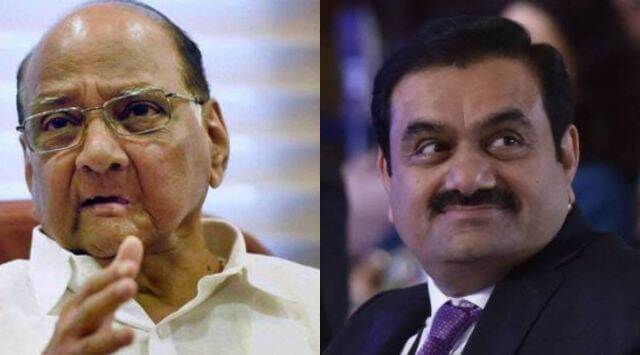
LFW, or Lakmé Fashion Week, is one of India’s most prestigious fashion events, held twice a year in Mumbai. Since its inception in 1999, LFW has become a platform for established and emerging designers to showcase their collections and reach a wider audience. In this article, we will explore the history, significance, and highlights of LFW.
History: LFW was launched in 1999 by Lakmé, India’s leading beauty brand, in collaboration with IMG, a global fashion events company. The first edition of LFW was held in Mumbai and featured just 33 designers. Since then, LFW has grown in size and scope, with hundreds of designers and industry professionals participating in each edition.
Significance: LFW is a significant event in India’s fashion industry, offering designers a platform to showcase their collections, connect with buyers and retailers, and gain exposure to a wider audience. LFW has also played a role in shaping the country’s fashion landscape, introducing new trends, designers, and business models to the industry.
Highlights: Each edition of LFW features a mix of established and emerging designers, as well as collaborations with international brands and designers. LFW also includes a range of events and activities, such as fashion shows, designer pop-ups, and industry talks and workshops. Some of the highlights of LFW include:
Opening and Closing Shows: The opening and closing shows of LFW are the most anticipated events of the week, featuring the collections of some of India’s most established designers. These shows are attended by celebrities, industry professionals, and fashion enthusiasts from around the world.
Gen Next: The Gen Next program is a platform for emerging designers to showcase their collections and receive mentoring and support from industry experts. Many of India’s most successful designers, such as Rahul Mishra and Masaba Gupta, got their start in the Gen Next program.
Sustainable Fashion Day: LFW has been at the forefront of promoting sustainable fashion in India, dedicating a day of the event to sustainable fashion designers and initiatives. Sustainable Fashion Day features collections made from eco-friendly fabrics, upcycled materials, and ethical production methods.
Designer Pop-Ups: LFW also includes designer pop-ups, where designers showcase and sell their collections to the public. These pop-ups offer a unique opportunity for fashion enthusiasts to connect with designers and purchase one-of-a-kind pieces.
In conclusion, LFW is a significant event in India’s fashion industry, offering a platform for established and emerging designers to showcase their collections, connect with industry professionals, and shape the country’s fashion landscape. With its mix of fashion shows, designer pop-ups, and industry talks, LFW is a must-attend event for anyone interested in fashion and design in India








